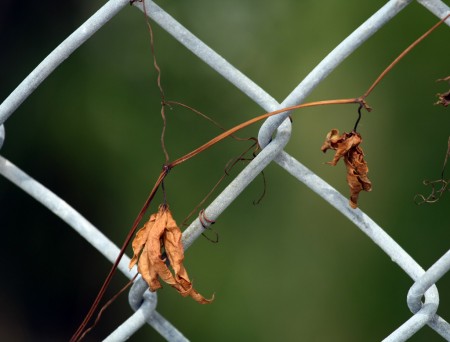For someone who produces a site which covers a broad variety of topics, Google is an especially critical source of traffic (because people interested in one topic are unlikely to follow a site with a bunch of other random topics included). In my case, more than 60% of the traffic I received in the last year came as the result of Google searches. No other search engine produces more than 3.5%, and only 12% of visitors actually type in the URL, rather than clicking a link from a page of search results or another site.
Given the importance of Google, it is worth knowing a bit about how the organization operates. Over at All Things Digital, there are three interesting articles. The first covers the human evaluators Google uses to evaluate the effectiveness of their various search algoriths. The second discusses the attempts people make to game the system (inevitable, given the sheer amount of money that can be gained or lost by rising or falling in Google rankings). The third describes how Google intends to improve future search results.
One interesting fact mentioned in the first piece is that the option Google offers for users to hide results in their searches is used to refine their search algorithms. For instance, I am personally annoyed by websites that try to scrape together an identity page on someone, by grabbing snippets from here and there that seem related to them. Sites that do this include pipl.com, 123people.co.uk, zoominfo.com, and others. It is a bit encouraging that if enough people hide their unsolicited and error-prone amalgamations, their overall page rankings may eventually suffer.






